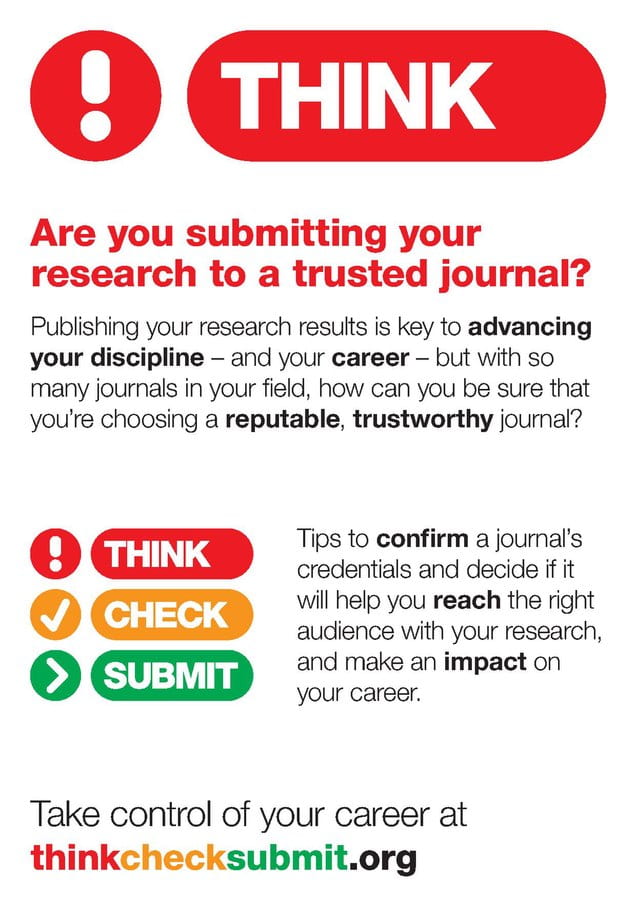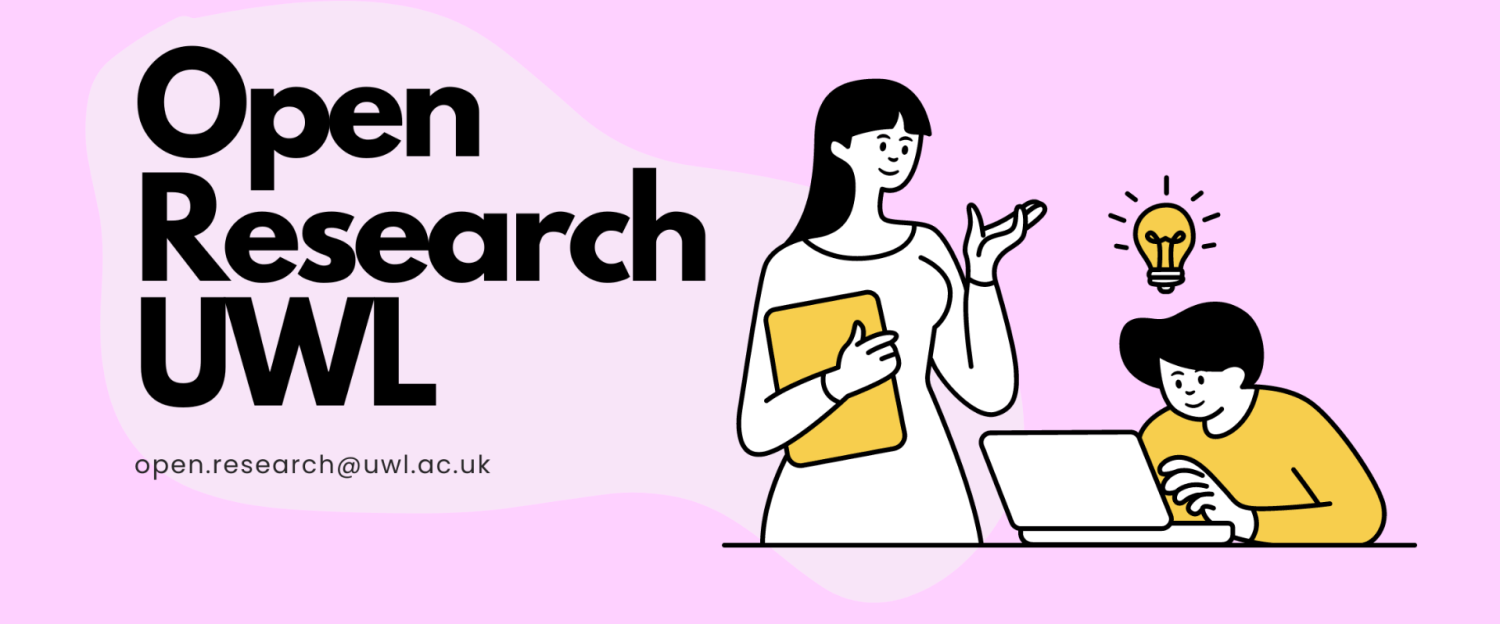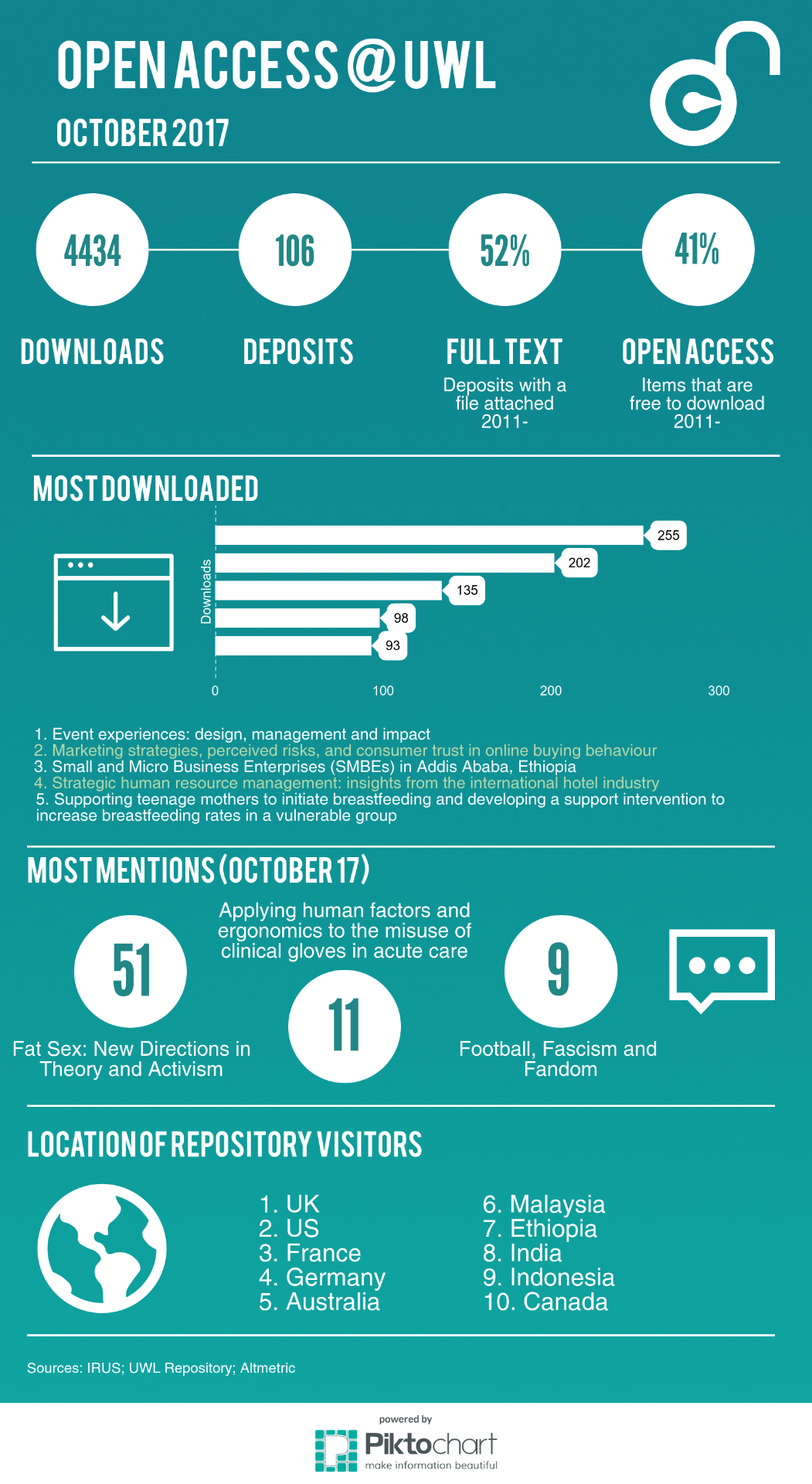
If you thought that academia’s ‘publish or perish’ culture couldn’t get anymore exploitative, you’d be wrong. Sadly, predatory publishers exist to make money off of academics trying to disseminate their works without providing any kind of quality checks or editorial services. The publication fee is often exorbitant, despite a total lack of input on the publisher’s end.
Jeffrey Beal, Librarian at the University of Colorado in the US, coined the term ‘predatory publishers.’ Up until 2017, he also maintained an eponymous list of predatory journals until his institution was sued by Frontiers Media. It was taken offline as a result, but you can still refer to Beal’s List here.
Beal was unequivocal in his criticism of how predatory publishing has harmed the Open Access movement, writing in 2012 that:
When e-mail first became available, it was a great innovation that made communication fast and cheap. Then came spam — and suddenly, the innovation wasn’t so great. It meant having to filter out irrelevant, deceptive and sometimes offensive messages. It still does. The same corruption of a great idea is now occurring with scholarly open-access publishing (Nature).
The email analogy is a good one, especially as this is primarily how predatory publishers target academics. Watch out for emails from publishers that are overly effusive and promise speedy publication!
Publishing in predatory journals could have several negative consequences for authors and their research:
- Works publisher in low-quality predatory journals can be harder to find and cite. Your hard work and important findings may be disregarded by the wider scientific community. A lot of citation databases also don’t index low-quality journals, so it may be difficult for others to discover at all.
- Loss of work. Predatory publishers ultimately have no interest in the author’s actual output and so will have no scruples about taking papers offline without warning or never actually publishing works in the first place. Bear in mind also that most legitimate publishers won’t allow you to submit a work that has been published before so you could waste a huge opportunity.
- Diminishing scholarly integrity in the scientific community. Many predatory journals promise that works will be peer reviewed, but of course, this is not the case. As a result, works of low-quality or misinformation are brought into the scientific conversation, distracting from legitimate sources.
To avoid predatory publishers, check for basic spelling and grammar errors in their communications and website as an obvious giveaway. Take a look at their archives to see if there’s consistency in terms of research area. Also look out for clearly outlined Article Processing Charges and review processes. Note how communicable the publisher is, if you can easily get in touch with them and if they keep normal working hours for the country they state they’re based in.
These are some red flags to be mindful of, but you can use ThinkCheckSubmit.org, to check out a step-by-step guide to evaluating journal quality. You can also quickly check if a journal is featured on the Directory of Open Access Journals (DOAJ) or a member of The Committee on Publication Ethics (COPE) by having a look at their respective websites.
Lastly, if you’re ever in doubt, just get in touch with your friendly UWL Open Research team! As ever, you can email us at open.research@uwl.ac.uk. We’d be more than happy to help!



